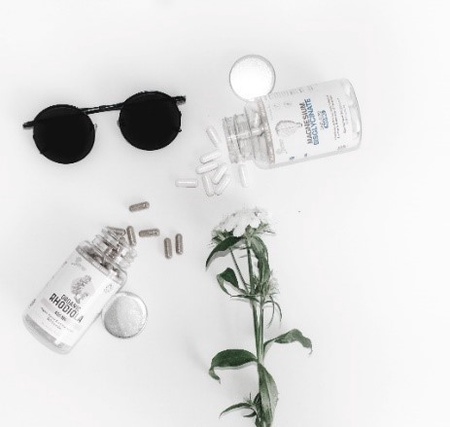There have always been a plethora of products branding health benefits without evidence to back them up. With the rise of COVID-19, we have observed an increasing number of products with 'immune-boosting' or 'virus preventing' claims. It seems some companies want to take the business with false nutrition claims to a whole new level by making outlandish assertions, like that their products could help cure the disease and even protect consumers from contracting the virus. The increase in vitamin and mineral supplement sales since the outbreak began potentially illustrates people's beliefs surrounding dietary supplements. Understandably potential treatments and vaccines for the disease are still months away according to health experts, so is it any wonder people are turning to anything that has some form of health claim to protect themselves?
In the USA, authorities have reported a rising number of cases of companies selling unproven and illegally marketed foods and beverages that make false claims regarding COVID-19. Since the beginning of March, the Food and Drug Administration (FDA), which is responsible for the regulation of nutrient supplements in the United States, has sent warning letters to 27 companies for marketing products with fraudulent claims, among them herbal extracts and essential oils. Although some food products like oregano oil have shown strong antiviral effects in vitro, there is no scientific evidence that they also help with the novel coronavirus. False marketing claims are particularly concerning as they may cause consumers to delay or stop appropriate medical treatment, which could be of significant detriment to their health.
Now more than ever researchers and those working in nutrition and dietetics must communicate the facts and fiction that underpin health claims. The Association of UK Dietitians (BDA) and the European Food Information Council (EUFIC) provide useful, up to date COVID-19 information. Next week we will be looking into mental health and wellbeing and have a look at ways to maintain positive food attitudes during physical distancing.
Resources:
- BDA. 2020. COVID-19/ Coronavirus - Advice for the General Public [Online]. Brimingham, UK: The Association of UK Dietitians. Available: https://www.bda.uk.com/resource/covid-19-corona-virus-advice-for-the-general-public.html [Accessed 16/04/2020 2020].
- BEKUT, M., BRKIĆ, S., KLADAR, N., DRAGOVIĆ, G., GAVARIĆ, N. & BOŽIN, B. 2018. Potential of selected Lamiaceae plants in anti(retro)viral therapy. Pharmacological Research, 133, 301-314.
- FDA. 2020. Fraudulent Coronavirus Disease 2019 (COVID-19) Products [Online]. USA: US Food and Drugs Administration. Available: https://www.fda.gov/consumers/health-fraud-scams/fraudulent-coronavirus-disease-2019-covid-19-products [Accessed 16/04/2020 20202].
- JENNIFER, G. 2020. Dietary supplement sales skyrocket during coronavirus pandemic [Online]. NutritionalOutlook. Available: https://www.nutritionaloutlook.com/trends-business/dietary-supplement-sales-skyrocket-during-coronavirus-pandemic [Accessed 13/04/2020 2020].
- O'CONNOR, A. 2020. Supplements for coronavirus probably won't help and may harm. Chicago Tribune.
Photo credits: Images by Artists from Unsplash.com


